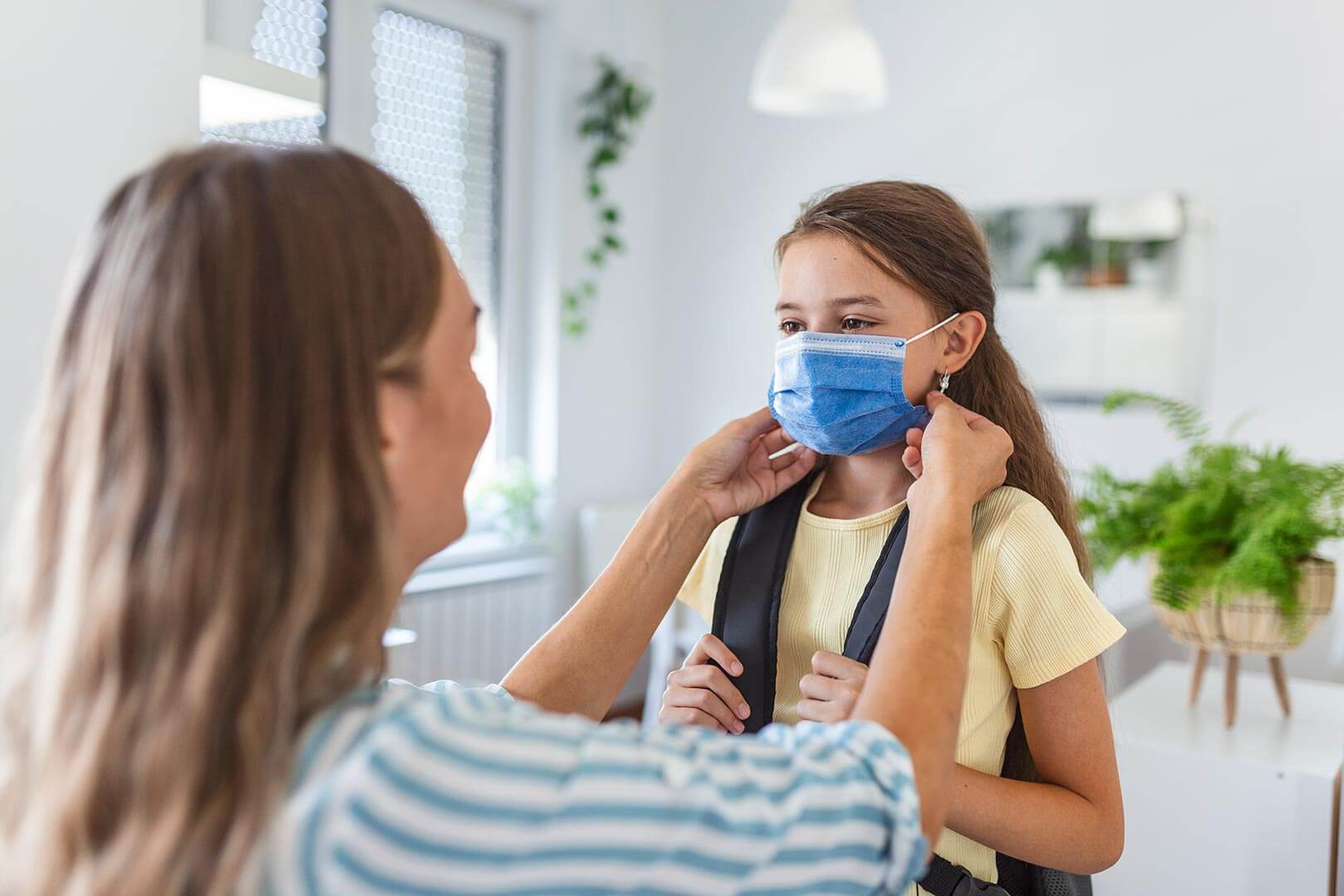Many research shows that children are experiencing mental distress due to the covid pandemic, and the disruptions of the closure of schools, activities and the mandatory measures related to social and physical distancing. The pandemic brought drastic changes to the children’s lives specifically, it alternated the daily routine; they are not yet able to totally identify, communicate and manage their feelings.
This being said, the children’s feelings might manifest in many ways, causing issues to arise, as instance, isolation, attachment behaviours, loss of interest in certain activities, excessively seeking reassurance from others, and it might reach an increased risk-taking behaviour.
As adults, it’s important to help the children cope with what’s happening around them, and all the changes that are happening without them having any control or decision over them; parents and adults present in the life of children needs to create a safe space for children to help them express and talk about what they are going through.
How? It’s important to ask open-ended questions and engaging questions, as well as reflecting on what they are hearing from the child, and always pay attention to the non-verbal communication (facial expressions and body language), since children struggle to express and put words on what they are feeling. And do not forget to validate the feelings, letting the children know that it is okay and normal to feel what they are feeling.
Our children’s wellbeing and healthy development depend on a healthy family unit. Establishing supportive relationships can be a strong coping mechanism for individuals and a strong resource for recovery.
Healthy relationships can stimulate resilience in persons, in this case children.
The interaction with outside environment, other than the immediate family members affected most of the children. Noting that the social connection and support is important for the mental health state of the children, this interruption may lead to feelings of distress; limiting the sources of support that the children can cope with. It’s always important to keep a routine for children, given the importance of predictable routines for mental health, these many changes may result in a sense of distress and instability that leads to symptoms such as depression or acting out behaviour.
Stress caused by the covid pandemic affect all the family members, it can affect the parenting behaviours as well, where parents might become less responsive and available to their children. They might be in certain cases using harsh discipline on their children. The distress and some challenging behaviours might arise from the children’s part in response to such behaviours, where they feel they are treated less warm, sensitive, and consistent as usual.
In order to respond and keep a healthy environment for the children, parents are encouraged to keep an open communication with their usual connections using the virtual platforms, they can keep games, prayer, religious services and other social activities.
As well, take part of relaxation, high energy, entertaining, and grounding activities, as a mechanism to cope with the emergence of mental distress.

